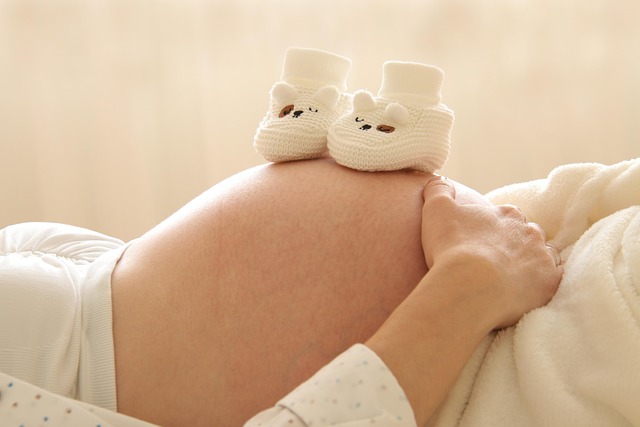Hey friends! Today, let’s chat about something super important for anyone looking to get pregnant: thyroid hormones. You might not think much of this tiny gland at the base of your neck, but it’s a powerhouse when it comes to fertility.
So, here’s the scoop: The thyroid produces hormones called triiodothyronine (T3) and thyroxine (T4), which are essential for energy production, temperature regulation, and overall organ function. The pituitary gland sends out a signal called Thyroid Stimulating Hormone (TSH) to kick this process into gear, and guess what? This same gland is also involved in regulating ovulation. If your thyroid isn’t working properly, it can really mess with your ability to conceive.
If you’re dealing with untreated hypothyroidism, you might experience irregular or absent ovulation, which can lead to infertility. Plus, if you do manage to get pregnant, there’s a higher chance of facing issues like miscarriage, premature delivery, or pregnancy-related hypertension. Poor thyroid function can even affect the baby, leading to complications such as low birth weight or developmental delays. It’s been known for decades that babies born to moms with hypothyroidism score lower on IQ tests than those whose mothers have normal thyroid function.
The prevalence of hypothyroidism during pregnancy isn’t as rare as you might think—about 0.3-0.5% for overt hypothyroidism and around 3-5% for subclinical hypothyroidism. This makes early detection and treatment super important. Thankfully, many obstetricians have found that taking levothyroxine, a synthetic thyroid hormone, can significantly reduce risks of miscarriage and preterm delivery.
Now, what about those with subclinical hypothyroidism? They may not show symptoms, but slightly elevated TSH levels could indicate a potential risk. Think of it as a yellow traffic light—caution is advised. Research shows that women with even mildly elevated TSH levels have a nearly doubled risk of miscarriage compared to those with lower levels.
Interestingly, in infertility patients, having thyroid autoimmunity doesn’t seem to affect the chances of getting pregnant through IVF, but it does increase the risk of miscarriage. In fact, treating subclinical hypothyroidism or thyroid autoimmunity can lower miscarriage rates significantly.
The Endocrine Society recommends treating hypothyroidism in pregnancy with thyroid hormone replacement, and they also suggest that even subclinical hypothyroidism should be managed with levothyroxine. The goal? Keep TSH levels below 2.5 mU/L during pregnancy. At Home Insemination, we believe in proactive screening for thyroid issues, especially in those who have experienced recurrent miscarriages.
In summary, thyroid hormones play a crucial role in fertility and pregnancy health. If you suspect you might have thyroid issues, it’s worth getting screened. And if you’re considering home insemination, check out this handy kit from Cryobaby that can assist you in your journey. For more insights on what to expect during insemination, here’s a great resource.
Take care of yourselves, and best of luck on your fertility journey!

